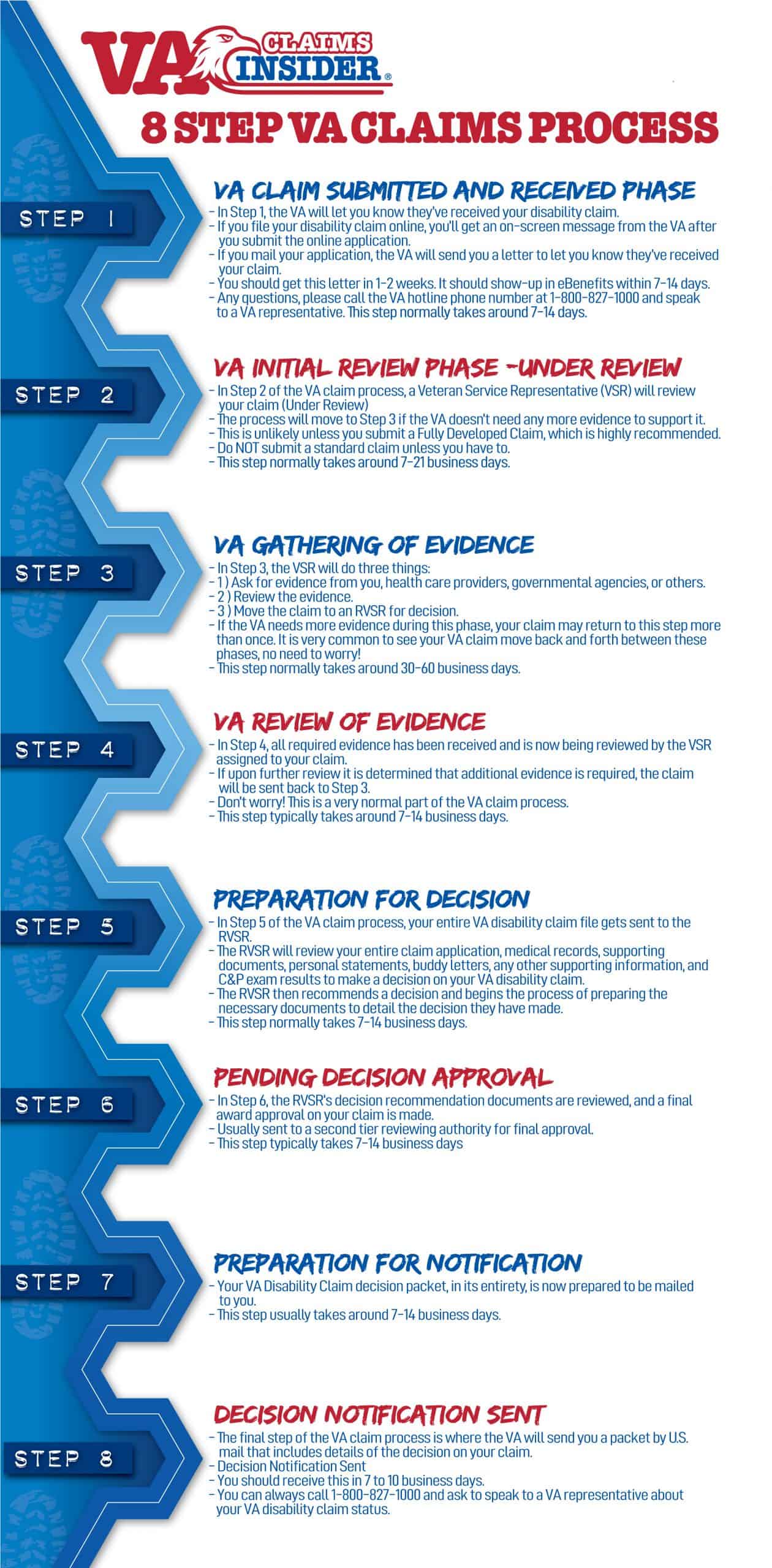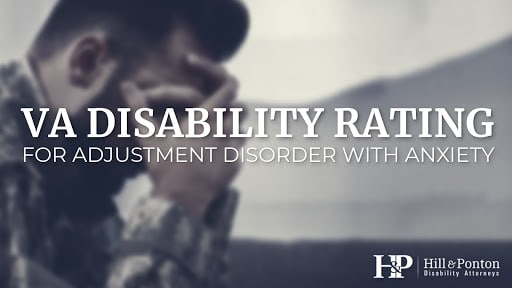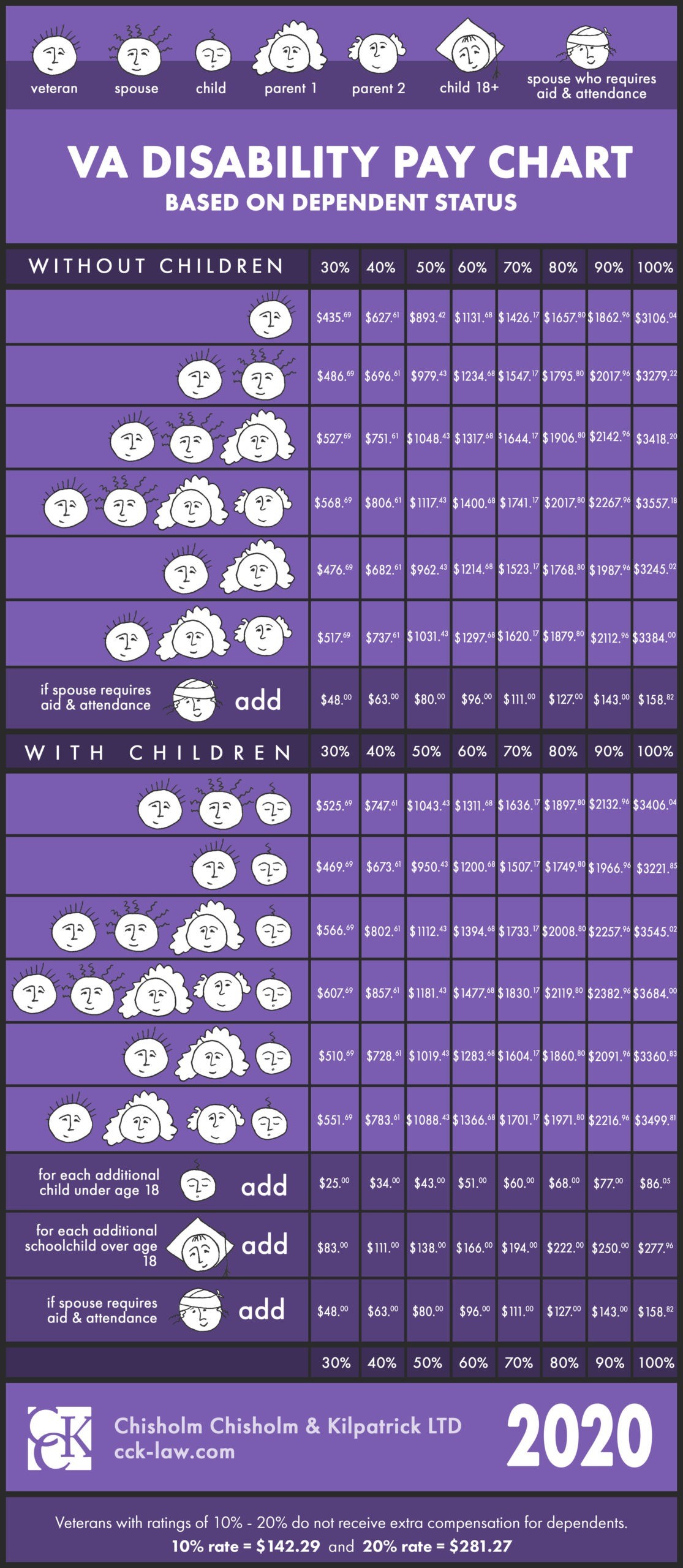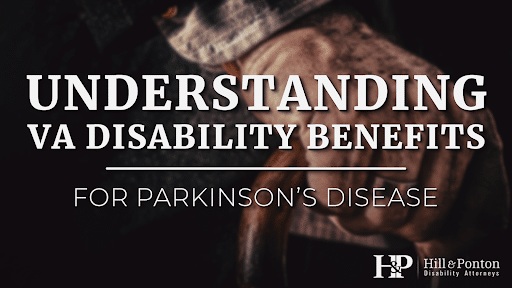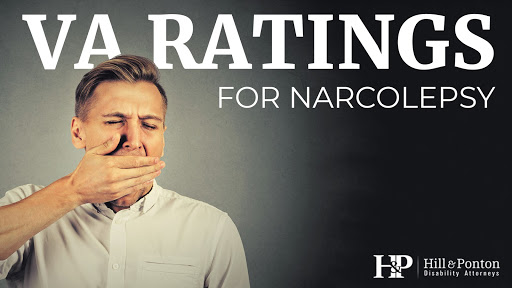Va Secondary Conditions To Anxiety
If you're looking for picture and video information related to the keyword you have come to visit the right site. Our website provides you with suggestions for seeing the maximum quality video and picture content, search and locate more informative video articles and graphics that fit your interests.
includes one of tens of thousands of video collections from various sources, particularly Youtube, therefore we recommend this video for you to see. You can also contribute to supporting this site by sharing videos and graphics that you like on this site on your social networking accounts like Facebook and Instagram or tell your closest friends share your experiences about the ease of access to downloads and the information that you get on this site. This blog is for them to stop by this site.

Veterans may also experience fear in appearing anxious or acting in a way that will produce embarrassment or humiliation.
Va secondary conditions to anxiety. In secondary claims determine what medical principles and practices should be applied in determining whether a causal relationship exists between two conditions. If a presumed condition is diagnosed in a Veteran in a certain group they can be awarded disability compensation. This can be due to the increased stress and anxiety they experience and this long term stress can cause them to develop high blood pressure for which they can be secondarily service connected. Disabled veterans are eligible for VA disability benefits and can use the VA Claims Insider service connected disabilities list which lists 833 possible VA disabilities and is a comprehensive VA disability claims list derived from my eBenefits.
Often these disorders can cause secondary problems such as migraines sleep apnea etc. ED Secondary to Prostate Cancer. Some types of anxiety can be linked to your physical conditions. Many veterans experience anxiety as one of their secondary service-connected disabilities.
What are Presumptive Conditions. If you have already claimed the original condition and it was granted service-connection by the VA then all you have to do to claim the secondary condition is submit VA-Form 21-526b along with all the evidence listed above for secondary conditions. It is estimated that one-third of adults in the United States suffer from anxiety disorders. This is because of the unique circumstances of a specific Veterans military service.
In order to qualify for VA benefits by law a veteran must first have an honorable or other than honorable discharge. Veterans suffering from anxiety disorders may be eligible for VA disability benefits if they can demonstrate that their anxiety is due to their military service. Tinnitus is the MOST COMMON DISABILITY claimed by veterans more than PTSD and TBIIn 2018 nearly 2 million veterans had service-connected Tinnitus according to the VAVeterans are at a higher risk of developing this disability because the line of duty exposes them to loud noises and. As many as one in every three veterans suffer from depression anxiety adjustment disorder PTSD or other psychiatric disorder - two to three times more than the general population.
Anxiety is often secondary to PTSD physical pain and much more. Be sure to treat your secondary claim with the same care you gave to your first claim and you should be fine. There are several types of anxiety disorders such as generalized anxiety disorder panic disorder and various phobia-related disorders. Anxiety Secondary to Tinnitus.
From a medical perspective analyze the current Department of Veterans Affairs VA practice of assigning service connection on secondary and aggravation bases. Many veterans deal with mental health conditions such as PTSD generalized anxiety disorder major depressive disorder and other mental health disorders. Your Tinnitus is recognized by the VA as service-connected. VA presumes that certain disabilities were caused by military service.
Depression is a major cause of unemployability in the US making VA disability compensation for depression extremely important. Veterans with post-traumatic stress disorder PTSD can develop hypertension as secondary to their PTSD. Feeling restless jumpy or on edge. Anxiety is defined as intense excessive and persistent worry and fear about everyday situations.
The most common symptoms of anxiety disorders include the following.






